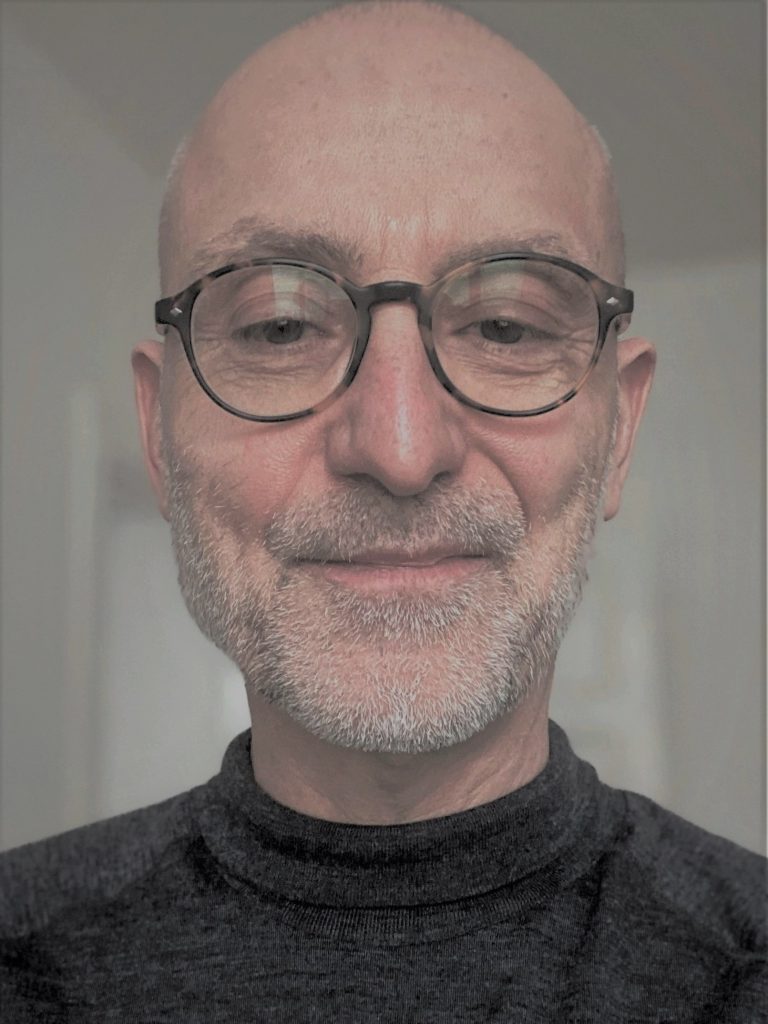
professzor, Lund University // professor, Lund University
Researching willingness to communicate in a migration context
In line with the conference theme of socially responsible linguistics, in this plenary I will describe a research project carried out with adult migrants in Sweden (Henry & MacIntyre, 2024). Like many Individual Difference (ID) constructs, willingness to communicate (WTC) (MacIntyre et al., 1998) has rarely been investigated outside the language classroom, even though for many learners it is in contexts beyond formal learning that the desire and confidence to communicate in an L2 can most fully develop (Reinders & Benson, 2017). Equally, previous research has not considered how WTC operates in migration contexts, and in situations where communication can be initiated in a language other than the target language. Addressing these research gaps, in this project, we invited eight women who had migrated to Sweden and who were speakers of English to describe experiences of everyday communication events over an 8-month period, and at time when functional skills in Swedish were beginning to develop. In the talk, I will trace the development of Swedish WTC and English WTC as participants’ oral proficiency in Swedish gradually increased. In addition to mapping developmental trajectories, I will also show how WTC is impacted by a person’s life situation, and how inequalities associated with migration status can affect opportunities to develop communication skills.
References
Henry, A. & MacIntyre, P. D. (2024). Willingness to communicate, multilingualism, and interactions in community contexts. Bristol: Multilingual Matters.
MacIntyre, P. D., Clément, R., Dörnyei, Z. and Noels, K. A. (1998) Conceptualizing willingness to communicate in a L2: A situational model of L2 confidence and affiliation. The Modern Language Journal 82(4), 545-562.
Reinders, H., & Benson, P. (2017). Research agenda: Language learning beyond the classroom. Language Teaching, 50(4), 561-578.
